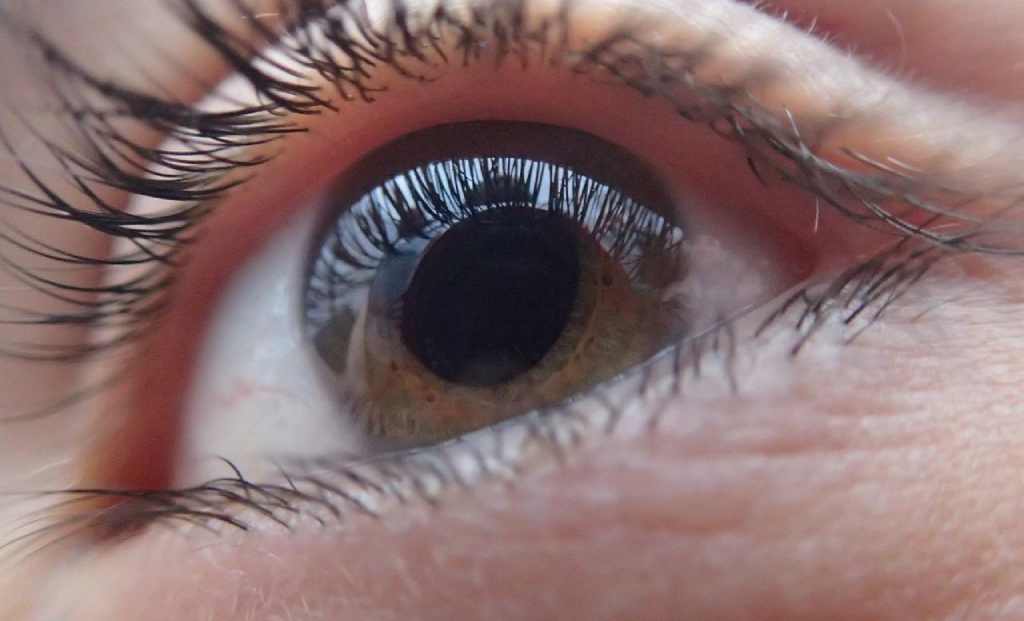Research identifies key factors impacting timely access to sight-saving cataract treatment for children in India
Orbis International, a renowned eye care non-profit, has collaborated on groundbreaking research that sheds light on the obstacles and facilitators of childhood cataract treatment in India. The findings, published in the esteemed medical journal PLOS ONE, provide valuable insights into the barriers that parents and caregivers face when seeking sight-saving treatment for their children. By understanding these challenges, Orbis aims to enhance the accessibility of timely and effective care for young patients.
The research emphasizes the critical importance of ensuring children receive cataract surgery promptly to prevent long-term vision impairment. Unfortunately, child cataract surgery in India often experiences significant delays. On average, children born with the condition undergo treatment at the age of 4, while those developing cataracts later receive surgery at around 8 years old.
Study Findings: Barriers and Enablers
The study identified three key barriers hindering timely access to cataract treatment for children:
- Environmental context and resources: Even when surgery is available free of charge, related expenses such as travel costs and lost wages pose significant financial burdens. Local health facilities often lack screening programs to detect cataracts or provide surgical services, exacerbating the accessibility issue. Lengthy travel to hospitals and extended wait times for appointments also contribute to the challenges faced by parents.
- Social influences: Cultural norms that downplay the importance of eye care for children, coupled with social pressure to explore alternative treatments like herbal remedies, present significant hurdles.
On the other hand, the study revealed the following enablers that motivate parents to seek cataract treatment for their children:
- Social influences: The support provided by family members and the broader community plays a pivotal role in parents decision to pursue cataract surgery for their children. Having someone accompany them to the hospital or take care of their other children eases the process and increases the likelihood of seeking treatment.
- Beliefs about consequences: Parents who comprehend the significance of eye care for their child’s well-being are more inclined to pursue treatment. Effective doctor-patient communication at the hospital further reinforces the importance of early intervention.
- Motivation, goals, and intention: Clear intentions to seek early treatment drive parents to overcome economic challenges and access services promptly.
Orbis International plans to leverage these research findings to address the perceived barriers and enablers in future interventions, aiming to improve the timely uptake of cataract services for children in India.

